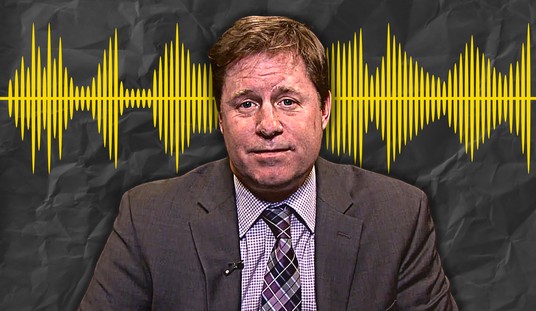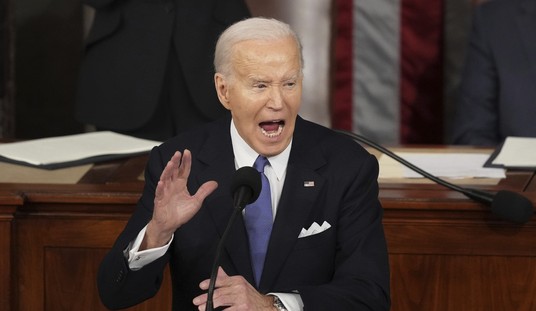"The doctor will see you now." It's a common phrase, but it's no longer true. Even in the examining room, you're unlikely to make more than fleeting eye contact with your doctor. That's because federal laws and regulations have turned doctors into robotic clerks. Your doctor has to stay glued to the computer screen, clicking boxes, following prompts and posing questions the federal government wants asked, never mind your reasons for being there. The biggest loser is you, the patient.
But help is on the way. The Trump administration has started rolling back these regulations. Fortunately, this regulatory relief does not depend on repealing Obamacare.
You can credit former President Barack Obama for the demise of the eye-to-eye conversation with your doctor. Way back in 2009, he signed into law the HiTech Act, compelling doctors and hospitals that accept Medicare or Medicaid payments to use electronic medical record systems in a "meaningful" way or pay a hefty penalty.
What's "meaningful?" Obama's tech czar Dr. David Blumenthal explained that it's not just about getting rid of paper files and "putting machinery in offices." Blumenthal, an admirer of European-style, single-payer health care, wanted top-down control of how doctors practice. "Meaningful" meant doctors following "embedded clinical decision supports." In short, computers tell doctors what to do.
The Obama administration claimed this top-down approach would improve care and save money. It's done the opposite. Primary care doctors spend as much time following computer commands as they do interacting with their patients, according to a recent study in Health Affairs. Jeffrey Moses, an interventional cardiologist at NewYork-Presbyterian, complains the computer prompts are "taking the doctor's eyes off the patient."
Another cardiologist compares it to being "demoted to an airline booking agent." (Not an easy job, but it doesn't require four years of medical school.)
Recommended
Dr. Lloyd Minor, dean of Stanford University School of Medicine, says "there is nothing more frustrating to a patient than talking to their doctor, wanting advice, and that provider is typing away and looking at a computer screen." Minor warns it's reduced quality.
Each time a patient comes in, even for a follow-up, the doctor is required to repeat a long list of stock questions about sleeping, breathing, digestion, mobility, circulation and other bodily systems. Never mind that the patient answered those questions a week earlier. Dr. Jeffrey Borer, a New York heart valve specialist, says the burden is "immense," robbing time needed to listen to patients' concerns.
Borer calls it "cookie-cutter" medicine. The individual patient whose needs don't fit the protocols is out of luck.
Too bad also for physicians, whose compensation depends on rigorously following the computer prompts. Moses describes with disdain having to click off boxes "on all types of stuff that are not relevant" to his patients. But he says "I get no points for identifying a disease that went undiagnosed for five years."
Blame both Democrats and Republicans for this nonsense. When Democrats imposed the top-down controls in 2009, Blumenthal predicted that "many physicians and hospitals may rebel -- petitioning Congress to change the law or just resigning themselves to ... penalties." Despite an onslaught of complaints that the science of medicine was being "legislated and regulated" away, Republicans in Congress repeated the mistake. In 2015, a Republican majority enacted the so-called "doc-fix" law, which makes Medicare and Medicaid payments to doctors contingent on adhering to the same rigid protocols. As if D.C. bureaucrats can define quality medicine better than your doctor.
Fortunately, on June 30, the Trump administration proposed exempting nearly two-thirds of physicians in 2018, starting with doctors in smaller practices.
Electronic medical records can be a lifesaver. Trump's Health and Human Services Secretary Tom Price promises to focus on ensuring a patient's records can be shared instantaneously among hospitals and doctors. That's the right approach.
Technology should benefit the patient, not shackle the doctor.

























Join the conversation as a VIP Member